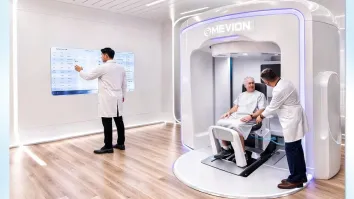
Medical inflation in Singapore to hit 10% in 2019
Cancer and cardiovascular issues are pushing the medical plan costs up.
The cost of medical plans paid by employers in Singapore is expected to hold steady at 10% in 2019, according to a report by insurer Aon, with cancer and cardiovascular diseases emerging as the main culprits of higher costs.
Medical inflation levels in Singapore outpaces general inflation of 1% and is well above the global average of 8% in 2019.
Also read: Singapore needs to control inpatient costs amidst high medical inflation
In an attempt to slow down rising medical costs, organisations have been rolling out design measures like co-payment, dollar limits, limiting certain benefits and referring employees to cost-effective providers.
However, such attempts at cost containment may not be enough to fully stave off the fundamental health concerns of employees, Tim Dwyer, CEO, Health Solutions for Aon Asia Pacific said in a statement.
“Against the backdrop of an ageing workforce and increasing prevalence of sedentary lifestyles, the time is right for employers across Asia to develop sustainable wellbeing programmes. This will increase employee engagement, lead to a healthier and more productive workforce and, ultimately, improve business performance,” he added.
On a regional basis, countries in the Middle East/Africa will experience the highest average medical premium rates at 13.7% followed by 13.2% for those residing in Latin America. Medical inflation levels in APAC is poised to slow from 8.9% in 2018 to 8.6% in 2019 whilst the more developed regions of Europe and North America will see average medical premium rate increases in the single digits.
“Whilst the 2019 medical trend rates are at their lowest compared to prior years, these are still extremely high. We expect continued cost escalation due to global population ageing, poor lifestyle habits in emerging countries, cost shifting from social health care programmes and the increased prevalence and utilisation of employer-sponsored health plans in many countries,” said Wil Gaitan, senior vice president and global consulting actuary at Aon.



















 Advertise
Advertise






